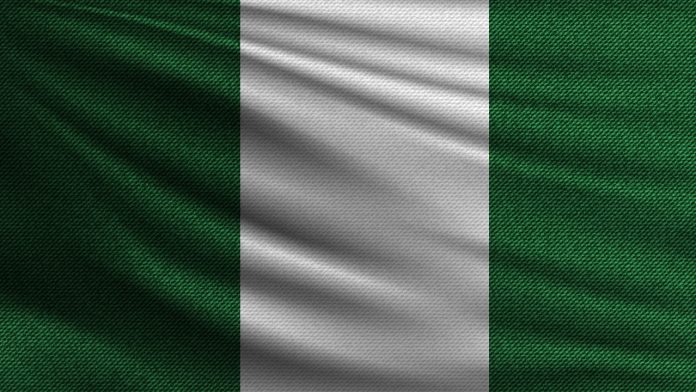Beginning in early March, Nigerian officials will no longer be allowed to make cash withdrawals from government accounts. This news comes from the head of the Nigerian Financial Intelligence Unit. To get an exemption from the new regulation, a waiver must be obtained from the governing body. The Nigerian Presidency is responsible for this decision.
Government Workers Vulnerable To Money Laundering
Nigerian public servants will no longer be permitted to withdraw cash from government accounts. On March 1, Modibbo R. Hamman Tukur, the head of the Nigerian Financial Intelligence Unit (NFIU), introduced a new rule that applies to all levels of federal, local, and state officials. This rule is intended to combat corruption and money laundering within government.
In addition, a Reuters report cites Tukur explaining the rationale behind this decision. He said:
Cash withdrawals from public accounts put servants at greater risk of money laundering and other predicate offenses.
To back up Tukur’s statement, the NFIU (an autonomous unit within the Central Bank Of Nigeria (CBN) conducted an analysis that showed between 2015-2022, officials withdrew $2.45 trillion from government accounts. Moreover, the report also suggested that many of these withdrawals exceeded the limits.
The New CBN Payment System Plan
In cases where cash is needed, Tukur mentioned the presidency can grant an exemption. This is done on a case-by-case basis.
The Nigeria Payments System Vision 2025 document was recently released by the CBN. It outlines the goal of creating an efficient, cashless electronic payment system, and providing financial services across all industries by 2025. To reach this goal, the CBN has implemented a number of reforms. This includes issuing new naira note designs and phasing out the old.
The CBN also has cash withdrawal limits that can be applied to individuals and corporate entities. Banks were also ordered to end over-the-counter cash withdrawals of the new notes.
Furthermore, the CBN wants to increase the use of central bank digital currency. However, as reported in October 2022, many Nigerians are not yet willing to accept it.
Sign up to receive a weekly overview of African news straight to your inbox
What are your thoughts on this story? Let us know in the comments below.
Image credit: Shutterstock, Pixabay, Wiki Commons
Disclaimer: This article is only for informational purposes. It is not an offer or solicitation to buy or sell or a recommendation of any product, company, or service. Bitcoin.com does NOT provide advice on investment, tax, legal and accounting matters. Neither the author nor the company are responsible for any loss or damage caused or allegedly caused by the use or reliance of any content, goods, or services in this article.

